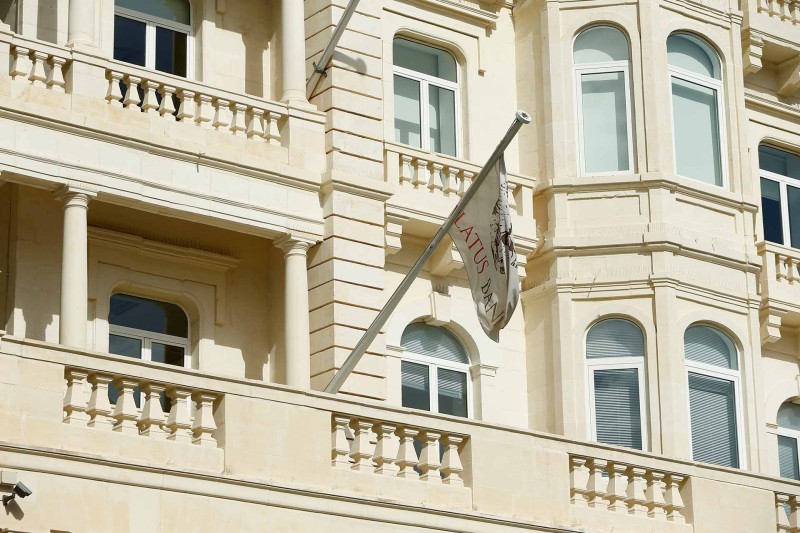Founder and chairman of Pilatus Bank, Iranian national Ali Sadr, is facing a maximum 85-year prison sentence after a two-weeks-long trial convinced the jury that he funneled over US$115 million into the US financial system from a Venezuelan construction project through the use of front companies in Switzerland, Turkey, and St. Kitts & Nevis.
He used the money for his family’s business, and made payments to relatives living in Iran.
“Sadr’s conviction shows that U.S. economic sanctions against Iran are for real, and violators will be exposed and prosecuted,” U.S. Attorney Geoffrey S. Berman said.
Pilatus Bank was required to cease operations in Europe by the European Central Bank in November of 2018.
The Panama Papers revealed that the bank facilitated significant suspicious financial activity from politically exposed people that were named in the leak, which OCCRP investigated.
Daphne Caruana Galizia, a Maltese journalist who was killed by a car bomb in an attempt to silence her for reporting on many of the financial institutions and politicians implicated in the scandal, faced a libel lawsuit by Sadr for US$40 million in damages. The case was withdrawn just hours after she died.
OCCRP is a participant in The Daphne Project, a collective effort by multiple news outlets that seek to pursue, complete, and share the investigations that Caruana Galizia was working on prior to her murder.






